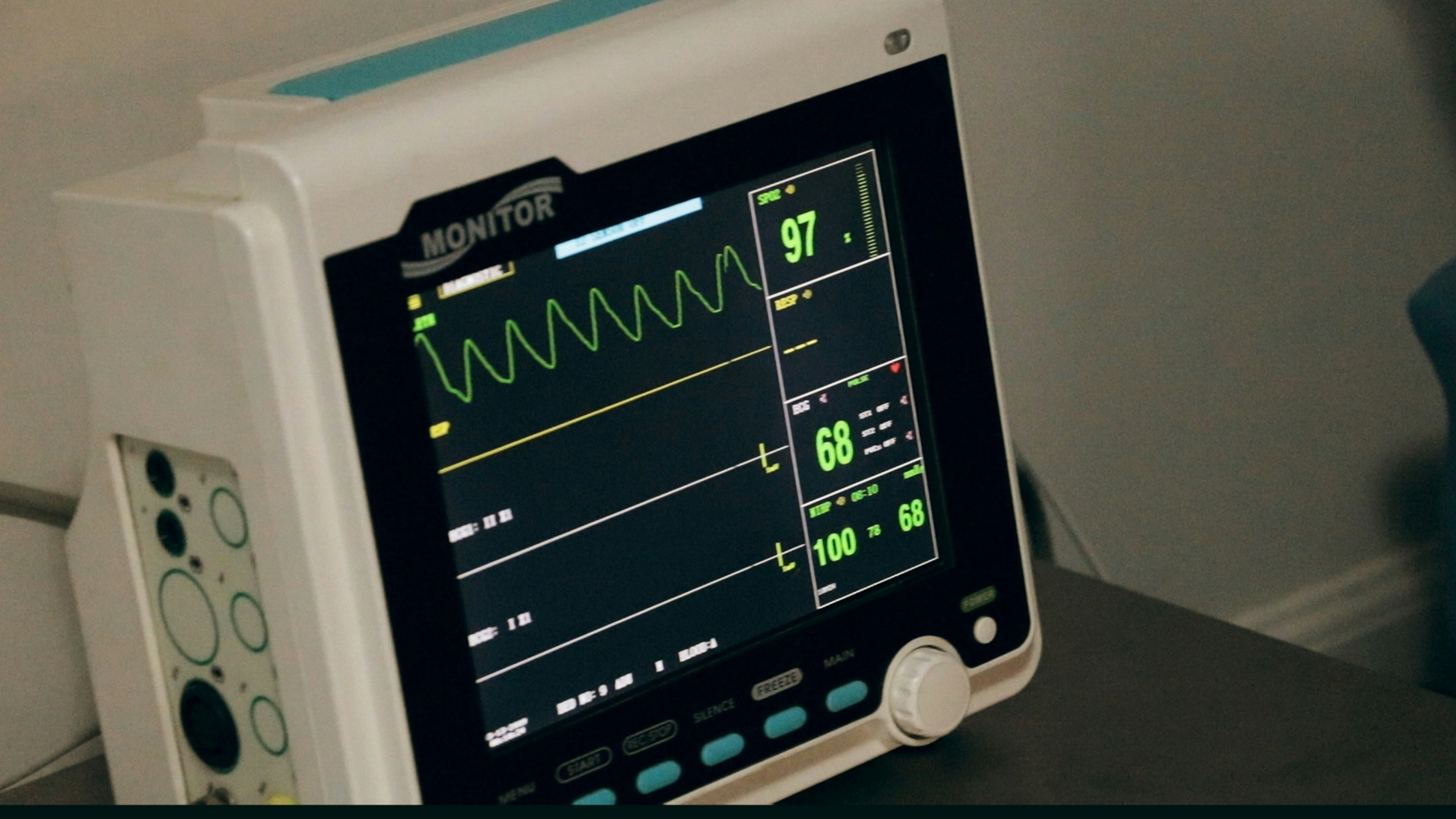
Medical Emergencies in Portugal: Numbers and How It Works
Balancing efficiency and humanity, Portugal offers a well-organized emergency system that’s accessible to everyone, residents and travelers alike.
Falling ill or getting injured abroad is one of those situations no one wants to face.
However, thanks to its solid healthcare system and well-trained teams, Portugal handles medical emergencies with professionalism and speed.
Whether you are a tourist, an expat, or simply passing through, knowing the right numbers and how the emergency network works can make all the difference.
Here’s a complete guide to understanding how to react in case of a health emergency in Portugal.
Emergency Numbers to Know
The main number to remember is 112, the same as in France and throughout the European Union.
It is the single number for contacting the police, fire department, or medical emergency services.
Operators generally speak Portuguese and English, and sometimes French in major cities.
In case of a medical emergency, dialing 112 triggers the intervention of the INEM (Instituto Nacional de Emergência Médica), Portugal’s equivalent of the French SAMU.
INEM teams operate nationwide and are equipped with ambulances, rapid response vehicles, and helicopters for the most serious cases.
For less urgent situations, there are other useful numbers and services:
- 808 24 24 24: public health line (Saúde 24), providing medical advice and guidance on whether a consultation is necessary.
- 800 201 112: environmental and toxicology emergency line (for ingestion or poisoning incidents).
- +351 21 842 35 00: general INEM contact number for non-urgent information.
These services operate 24 hours a day, 7 days a week, and are accessible from both Portuguese and foreign phones.
The Role of INEM
Founded in 1981, the Instituto Nacional de Emergência Médica (INEM) is the public body responsible for coordinating all medical emergencies in Portugal.
It oversees ambulances, regulation centers, mobile medical teams, and helicopter bases.
Its mission is simple: to guarantee a fast and effective response across the entire country.
INEM teams are known for their professionalism and empathy. Within minutes, they can arrive even in remote areas.
Each ambulance is equipped with advanced medical technology: defibrillators, oxygen, electrocardiographs, and direct communication with hospitals.
Depending on the severity of the case, patients are taken to the nearest public or private hospital with the appropriate facilities.
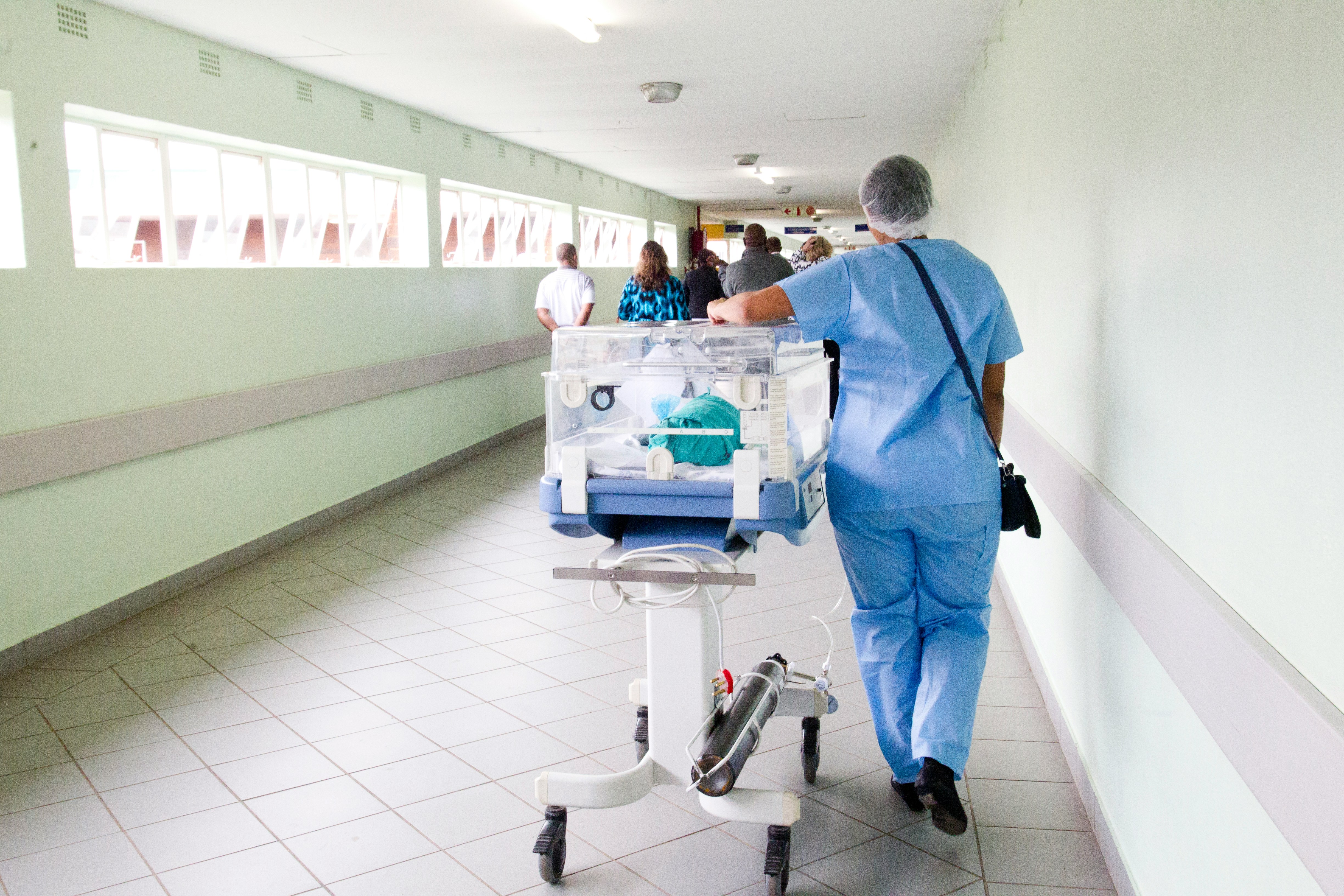
Public and Private Hospitals: Where to Go
Portugal has an extensive network of public hospitals under the Serviço Nacional de Saúde (SNS), as well as many private clinics.
In serious emergencies, 112 will always direct you to the nearest public hospital.
Public emergency departments are open 24 hours a day and offer complete services (radiology, surgery, intensive care, etc.).
Private clinics, such as CUF, Luz Saúde, or HPA, also have emergency services, often faster but not free.
They are particularly popular with expats and tourists who have international insurance, as they provide multilingual service and superior comfort.
In all cases, it is strongly recommended to carry your European Health Insurance Card (EHIC) or travel insurance documents to facilitate care and reimbursement.
Pharmacies and First-Line Care
For minor issues (fever, cuts, allergies, small injuries), Portuguese pharmacies play an essential role.
They can provide first aid, recommend over-the-counter medication, and refer you to a doctor if necessary.
On-duty pharmacies (farmácias de serviço) are always available outside regular opening hours.
Larger cities also have health centers (centros de saúde) offering walk-in consultations, often at very affordable rates.
Pediatric Emergencies and Maternity Services
Portuguese hospitals have highly qualified pediatric departments.
In Lisbon, Hospital Dona Estefânia is the main reference for children’s healthcare, while in Porto, the Centro Hospitalar São João provides comprehensive pediatric services.
Public maternity wards are also well-known for their excellent support and modern equipment.
Private clinics, on the other hand, offer personalized care, private rooms, and multilingual assistance.
It’s always advisable to check which facilities are closest to your place of residence.
Practical Tips in Case of Emergency
- Save the numbers 112 and 808 24 24 24 on your phone.
- Always carry your ID, insurance card, and an emergency contact number.
- When traveling in rural areas, identify the nearest pharmacy and medical center in advance.
- For expats, registering with the local SNS provides a user number and easier access to follow-up care.
Conclusion
Portugal combines efficiency, accessibility, and compassion in managing medical emergencies.
Its system is well-structured, responsive, and open to everyone, including foreign visitors.
Knowing how to act, who to call, and where to go allows you to live in Portugal with peace of mind.
Because here, healthcare is not just a public service — it’s a collective mission, driven by a deeply Portuguese spirit of solidarity.
Share this article
Suggested articles
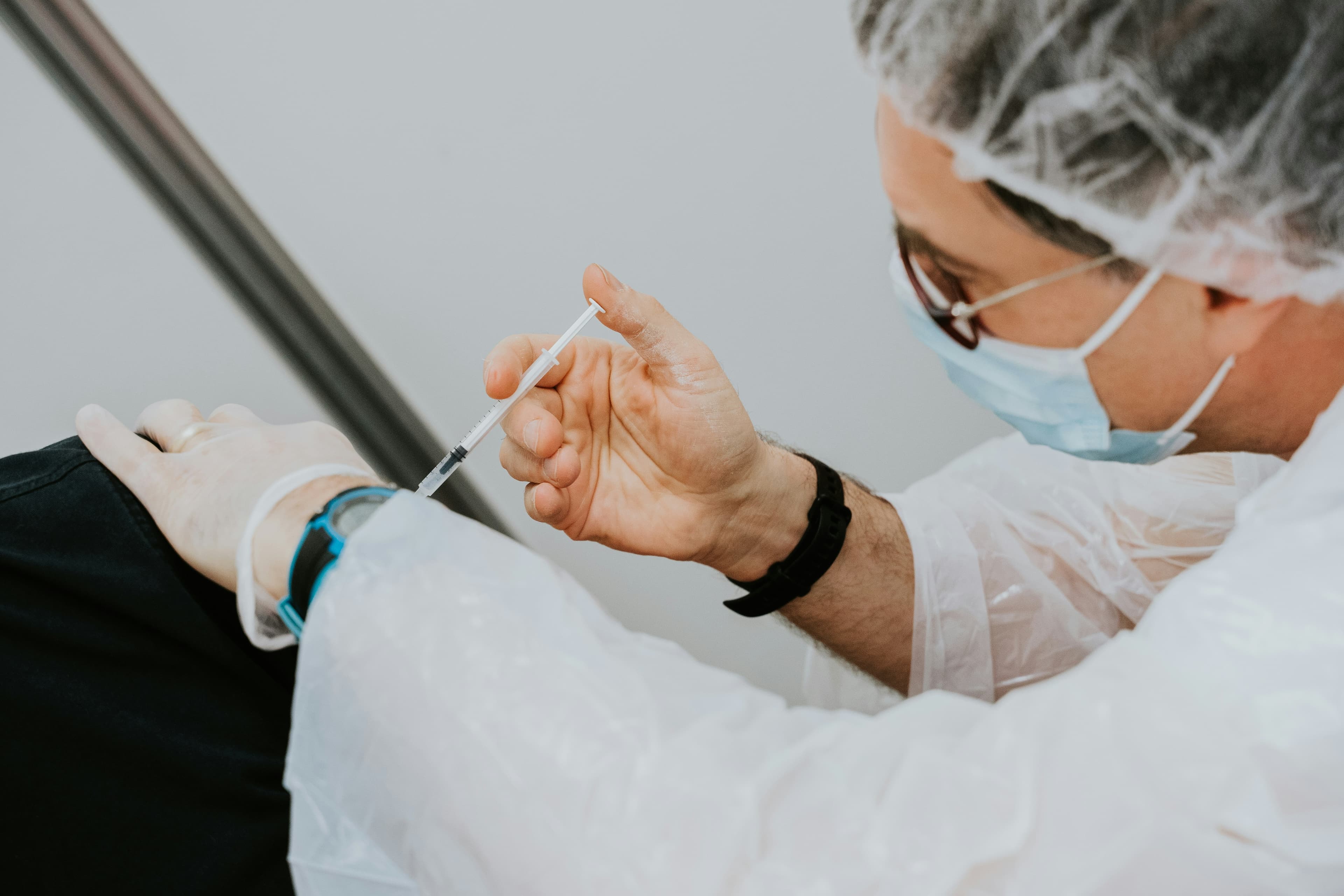
Before putting down your suitcases in Portugal, vaccines, mosquitoes & other medical delights
So that’s it, you’ve decided to drop everything for the Portuguese sunshine, grilled sardines and 80-cent coffee. Excellent choice. But before you picture yourself sipping your vinho verde on a Lisbon terrace, there’s a small detail you’d better not skip: your health.
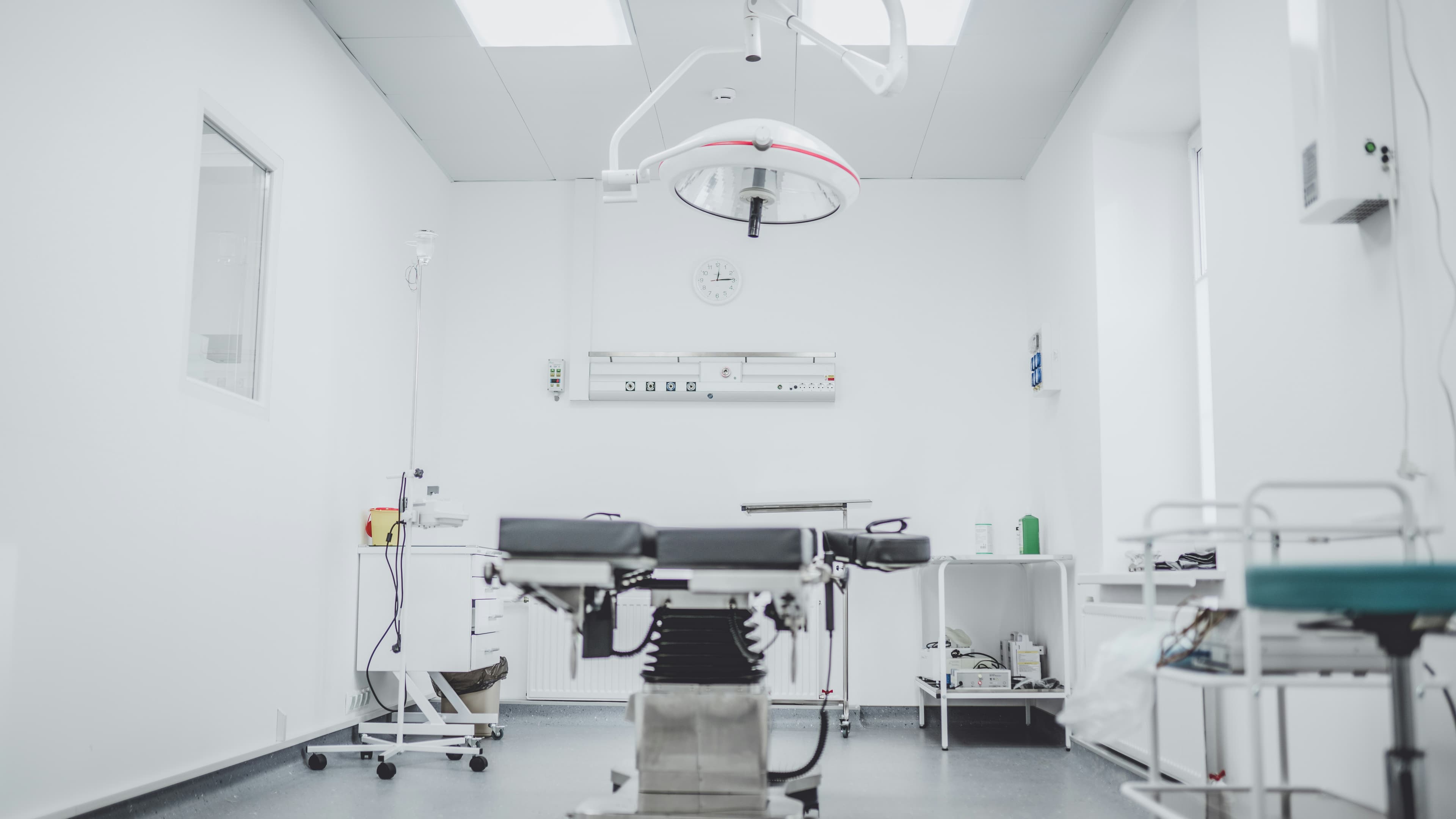
Private Clinics: Standards and Prices
If there is one area where Portugal quietly excels, it is private healthcare. The country has successfully combined high-quality care, modern technology, and genuine hospitality, creating a model appreciated by both locals and foreign residents. Faced with delays in the public system and the growth of medical tourism, private clinics are booming, particularly in Lisbon, Porto, and Faro.
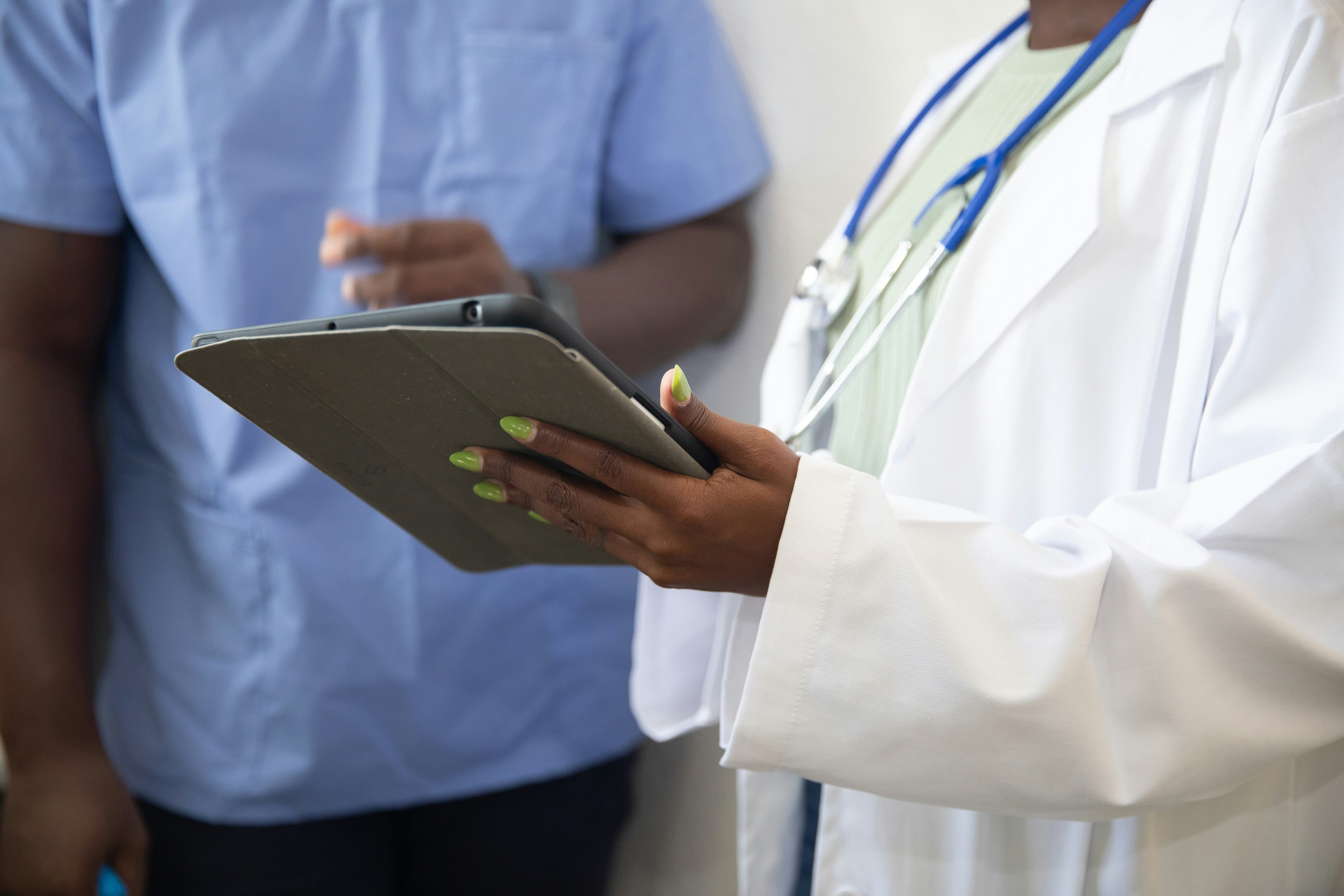
Health Insurance for Expats: Options and Costs
Moving to Portugal is, for many, the fulfillment of a dream. Sunshine, the sea, gastronomy, and quality of life attract thousands of expats every year. But before diving into the calm rhythm of Portuguese life, one essential question arises: how to ensure proper healthcare coverage?
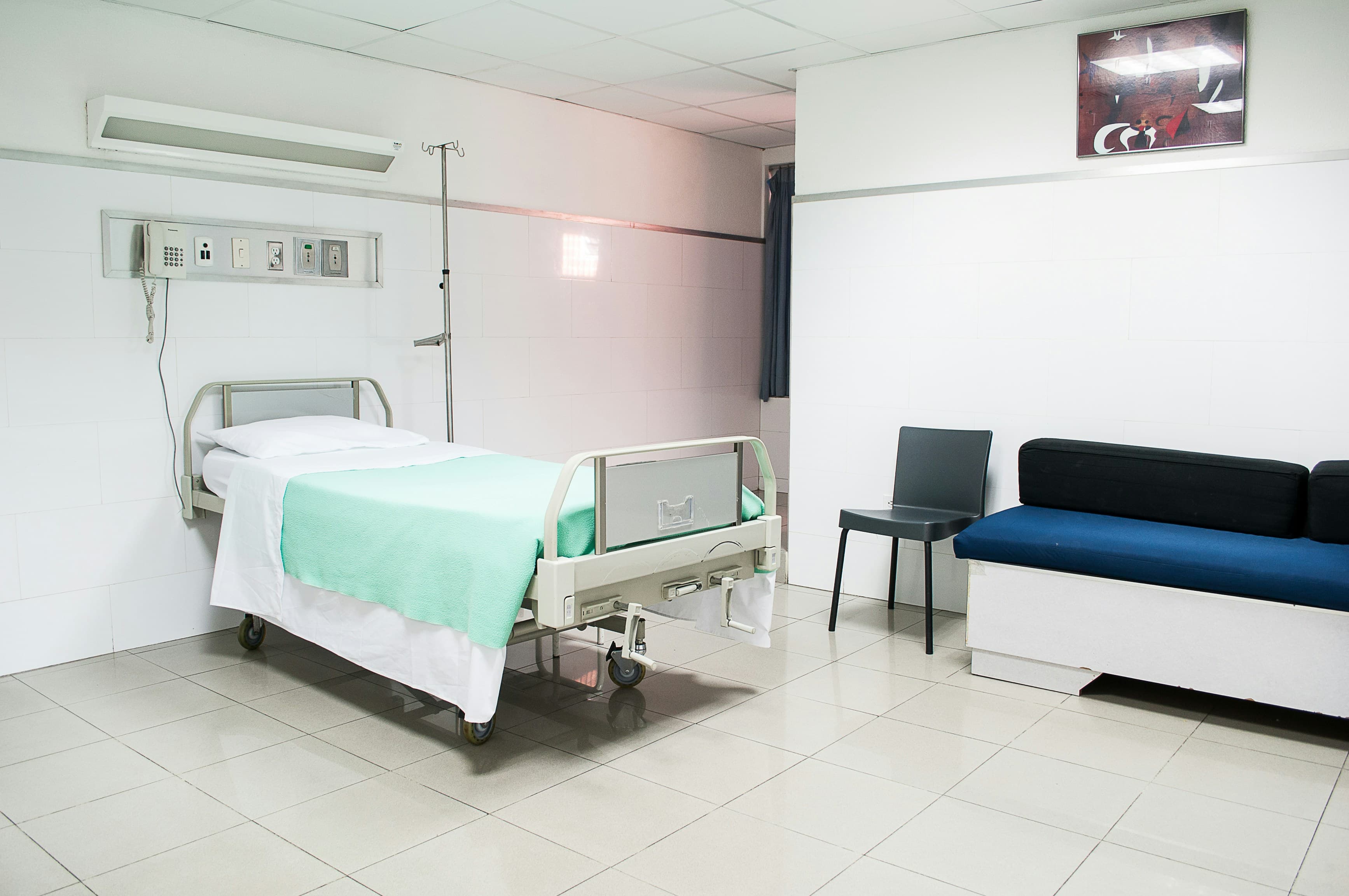
Portuguese healthcare system : public vs private
You might have just settled in Portugal, sunglasses on, pastel de nata in hand, and suddenly think, “Okay, but what happens if I get sick ?”. Take a deep breath (it’s going to be fine), let’s break it all down together, clearly, simply, and without boring you (promise !). Here’s what you need to know about the Portuguese healthcare system, both public and private, what’s great about it, and what to keep in mind.
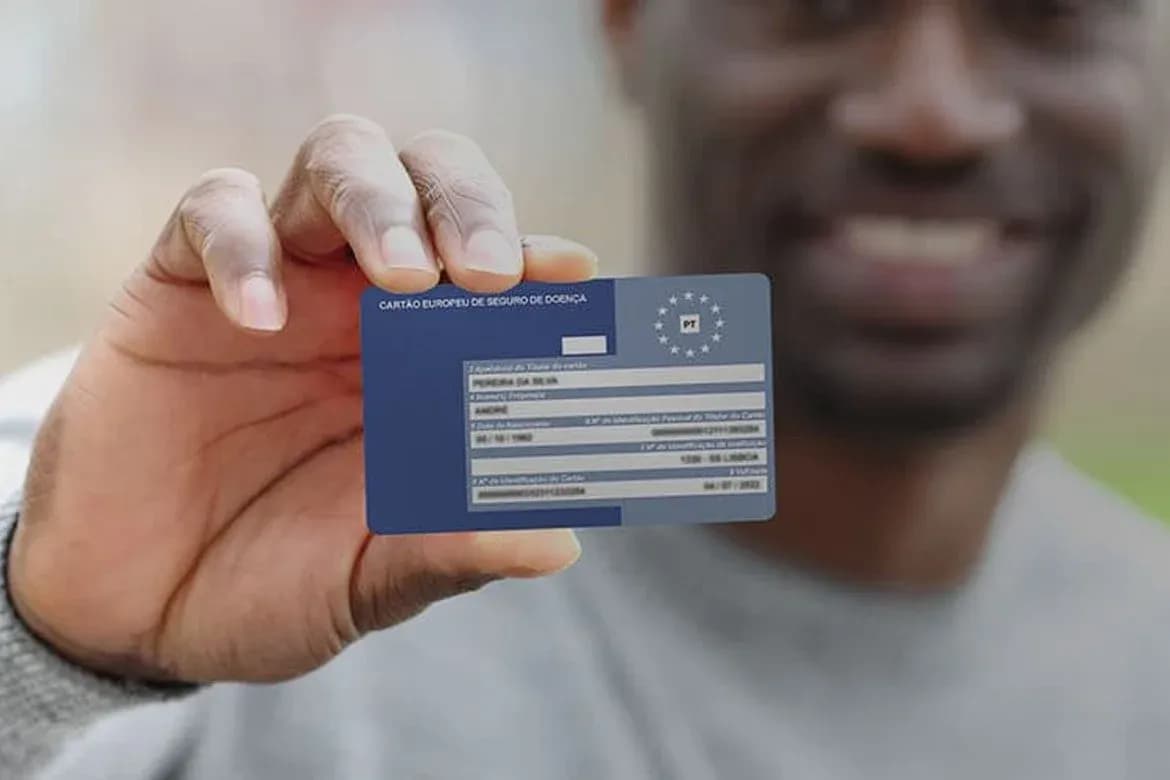
How to get your número de utente (Portuguese health user number)
If you plan to live in Portugal for more than a few weeks (or even a few months), there’s one phrase you’ll hear sooner rather than later : “número de utente.” It’s also called the “SNS number.” This is your personal ID within the Portuguese public healthcare system (Serviço Nacional de Saúde). Without it, you’re basically a “medical tourist.” With it, you’re officially part of the system you can book appointments at your local centro de saúde (public health center), see a family doctor, go to the ER, and get billed like a local resident. In short, it’s your ticket to public healthcare. So yes, it’s important ! And good news : getting it is totally doable even if Portuguese bureaucracy has a deep love for… paperwork. Lots of paperwork !
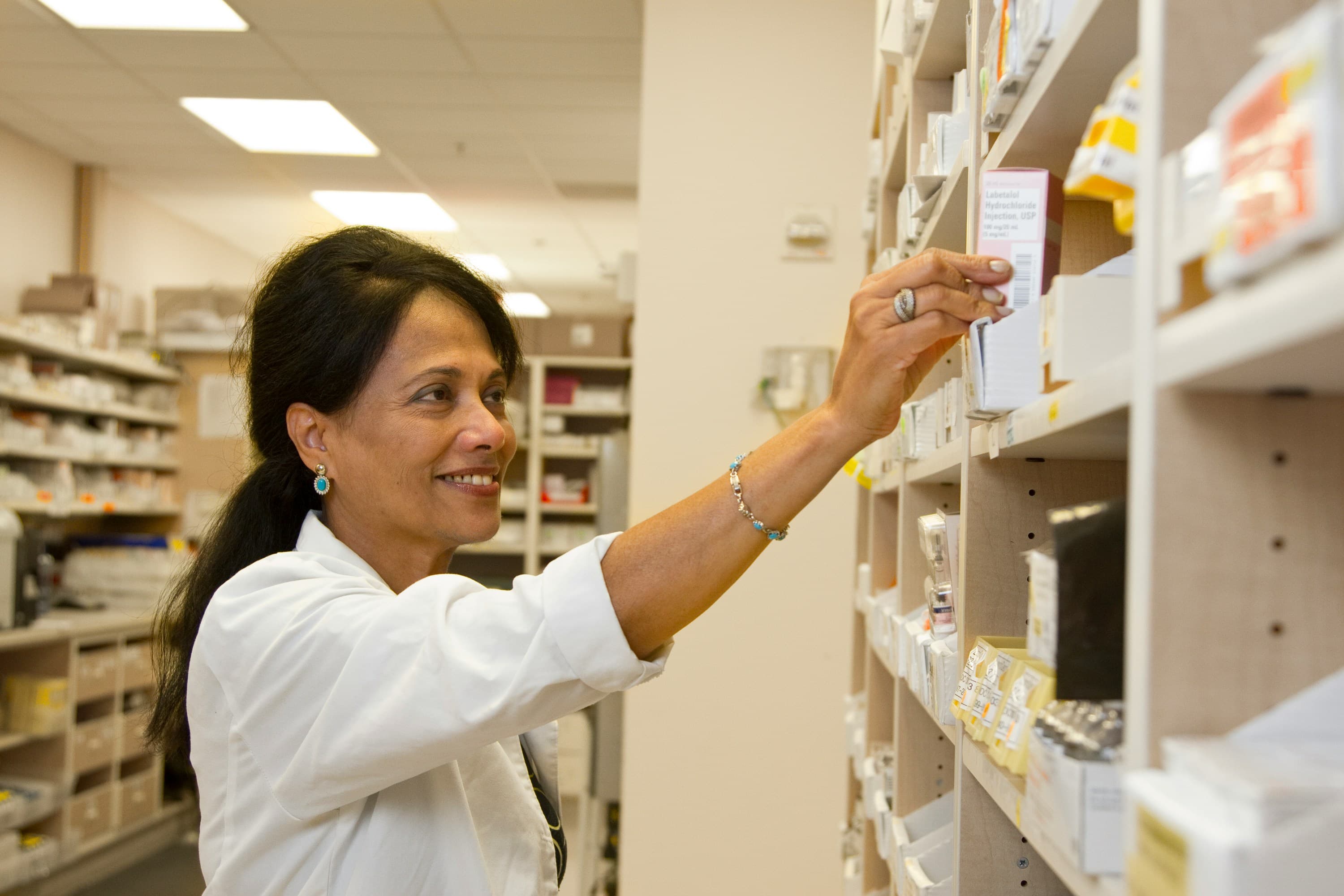
Portuguese Pharmacies: A Local Service
In Portugal, the pharmacy is much more than a simple place to buy medicine. It’s a space of trust, a point of reference in daily life, a place where advice, attention, and proximity meet. In both big cities and remote villages, Portuguese pharmacies play a key role in healthcare and in the human connection between professionals and the community.


